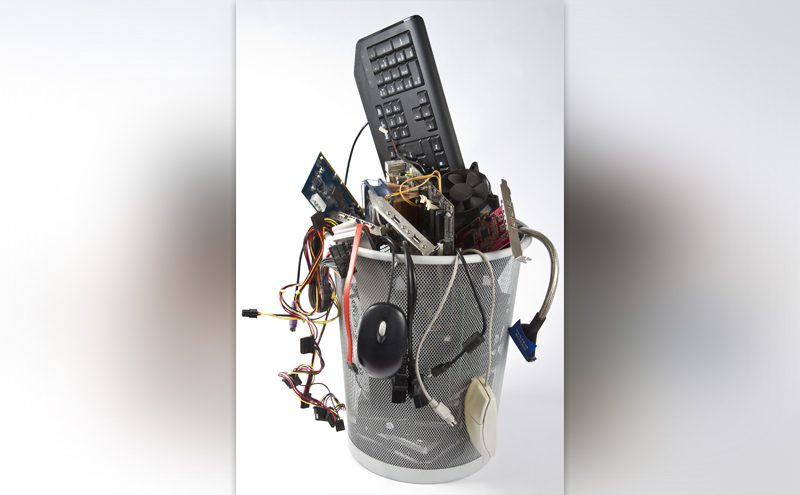A report from the Organisation for Economic Co-operation and Development (OECD) in August called upon government’s to tackle the problem of “online free riding”, whereby suppliers of electrical and electronic equipment (EEE) are able to bypass the obligations of producer responsibility schemes.
The problem seems to arise with online retailers, domiciled outside the EU, which sell products directly to EU consumers. These producers are not bound by the terms of the EU’s WEEE Directive, for example, and are therefore able to bypass responsibilities such as declaring the amount of EEE they put on the market and organising the collection and recycling of their products at end-of-life.
Around 5-10 percent of the OECD market for EEE is affected by free riding. In the EU this equates to between 460k and 920k tonnes of WEEE. The report, Extended Producer Responsibility (EPR) and the impact of online sales, listed three main types of free riding: Not undertaking physical takeback obligations; not paying a share of the cost of WEEE management; and underestimating the number of products placed on the market.
Responding to the report, Michelle Carvell, COO at compliance expert Lorax Compliance said she believed that “the European Environment Agency (EEA) should imminently review current environmental legislation to ensure it is fit for purpose for the online retail sector.”
“EPR reporting requirements differ in all EU countries. As a result, environmental reporting is a hugely complex process, even for a full-time resource in a large corporation to manage. A retail operation which functions online only is perhaps unaware of the environmental obligations it is required to meet under the WEEE directive – obligations which differ in each European market.
Shirking or confusion?
“There is an assumption that online retailers are shirking their responsibilities in avoiding their WEEE obligations and enjoying a sustained period of ‘compliance tourism’. However, we believe that the existing legislation is too complex for online retailers to follow because it is inconsistent across a wide range of markets.
“As growth in online trading increases and cross-border compliance becomes harder to enforce, it is important for compliance to adapt to market conditions. This will prevent an overestimation of WEEE recycling rates, which is the result of inaccurate declarations of products placed for sale in each country, across any affected market.
“We urge the EEA to review WEEE legislation requirements for online retailers in order to assess how companies can more easily record their environmental obligations in each required global market.”








